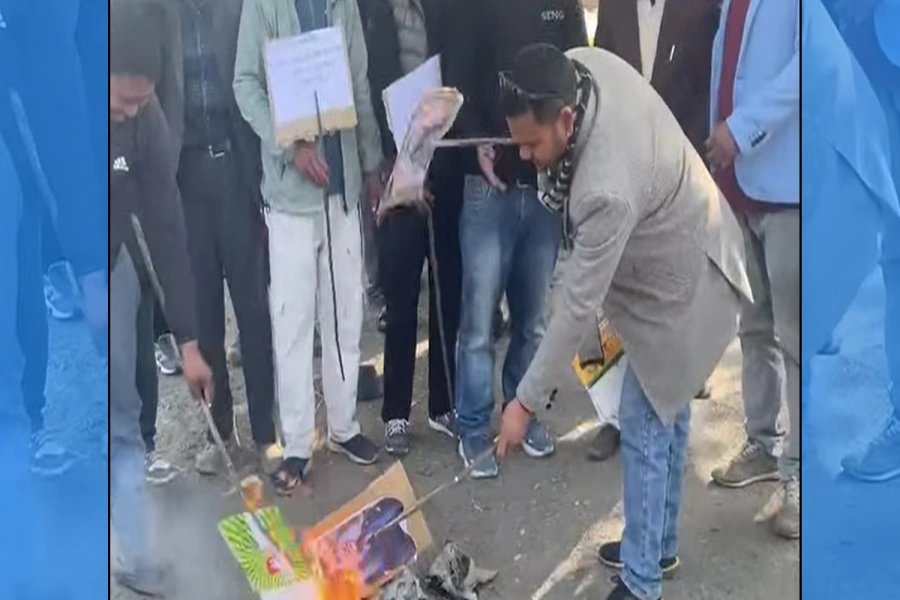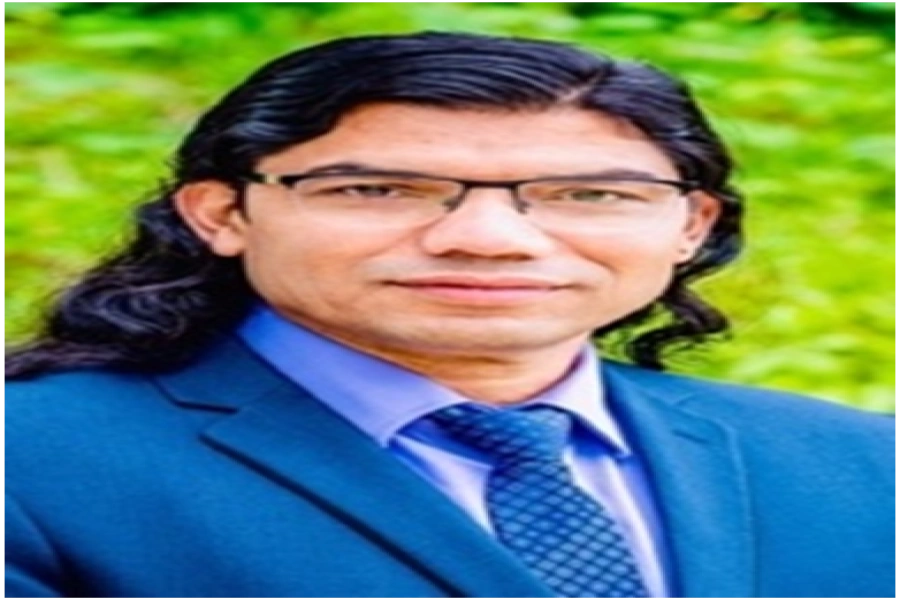Social media has disrupted traditional political landscapes, empowering individuals to engage in public discourse like never before.
During the 80s, the manual typewriter was the most developed instrument for typing and mails dispatched through post offices were reliable means of written communication. At that time, the availability of landline telephones was limited and it was supposed to be an advanced device for long distance verbal communication.
However, the rapid development of new technologies has completely changed human life, making it more mechanized and comfortable. The invention of computers, smartphones, television sets, drones, robots, self -driving cars, artificial intelligence and search engines brought revolutionary multifaceted transformations in human life and society as a whole. Moreover, with the development of Facebook, Twitter, Instagram etc, social media platforms are being used as the most advanced means of communication.
Scholars have begun to explore how internet technologies influence political communication and participation, especially in terms of what is known as the public sphere. As social media has emerged as one of the main platforms for politics, millions of users can learn about politicians' policies and statements, interact with political leaders, organize, and voice their own opinions on political matters. Political campaigners in Nepal are extensively using social media sites to reach out to the voters using political advertisements.
As a growing effect of social media, it has been witnessed in the last general election in Nepal that most of the candidates utilized social media extensively to attract voters to favor them and some of them won the elections. The credit goes to extensive use of social media plus maneuvering power to communicate and convince the voters.
Regional politics should not affect SAARC, says Pakistani minis...

The smartphone is a transformational communication technology that has features that include talk, text messaging, Internet access, electronic mail, pictures, video, and a wide variety of applications. Increased availability of mobile phones, and subsequent access to the public sphere, has enhanced individuals' and groups' ability to bring attention to and organize specialized issues. Any individual can easily speak and communicate with a person or a group through Facebook, Twitter, Instagram and other social media.
Scholars argue that social media offers increasing opportunities for political discourse and mobilization within the digital public sphere. Research has shown that increased use of social media correlates with increases in certain types of political engagement and participation. Social media has disrupted traditional political landscapes, empowering individuals to engage in public discourse like never before. However, the spread of misinformation, fake news, and echo chambers have become significant concerns. The viral nature of social media can amplify divisive rhetoric and polarize public discourse. The responsibility to discern fact from fiction lies with users and platforms alike, calling for greater media literacy and transparent content moderation.
People like to hear stories of current issues of poverty, underdevelopment and discrimination etc. Social media makes governance more responsible by responding through Facebook, Instagram, Twitter etc, which has been flooded with new issues. For example, social media played a crucial role in Barack Obama’s victory in 2012 and changed the course of politics in the USA.
Political scandals affecting election outcomes have come about as a result of social media use. As everyone has smartphones, political parties are spending millions on social media. Donald Trump successfully attracted millions through Twitter in the last US elections.
Electronic technology is becoming more popular not only at the time of mass campaigning but also during vote casting and ballot counting. Electronic voting (also known as e-voting) is voting that uses electronic means to either aid or take care of casting and counting ballots. Depending on the particular implementation, e-voting may use standalone electronic voting machines (also called EVM) or computers connected to the Internet (online voting).
In general, two main types of e-voting can be identified: (I) e-voting which is physically supervised by representatives of governmental or independent electoral authorities (e.g. electronic voting machines located at polling stations); (II) remote e-voting via the Internet (also called e-voting) where the voter submits his or her vote electronically to the election authorities, from any location.
Electronic voting systems are used in many countries across the world. However, its use in elections remains a contentious issue. Some countries have stopped using it after it was shown to be controversial, while some are using it effectively. The involvement of numerous stakeholders including companies that manufacture these machines as well as political parties that stand to gain from rigging complications has also made it more complicated.
According to the preliminary statistics of 2020, the number of Internet users over the world is 4.6 billion; that is, fifty-nine per cent of the total population. As of January 2023, Nepal had 15.85 million internet users out of the total population of 30 million. Among them, 12.60 million were social media users, with Facebook being the most popular platform, boasting 11.85 million users.
The Government of Nepal has introduced a 15-point directive on the Operation of Social Networking Sites 2023. The directive says no one should create fake IDs on social media, share or make comments through such IDs. Likewise, people should not post any text, audio, video, or picture that spreads hatred against any gender, community, caste, religion, profession, or people from any particular group.
For the effective use of social media and technologies, expenditures made on the advertisement and social media during the election should be fixed by the law and such expenditures should be included in the election expenses of the candidates. Nepal should introduce e-voting technologies, both for voting inside the country and voting for Nepalese living abroad.
Additionally, Nepal should be vigilant with the hackers' target and attack on the election system as many countries have experienced it. The government must have an effective tracking and monitoring mechanism for the material published on the Internet. It must have a powerful integrated system of ‘Automated Content Filtering’ and ‘Uniform Resource Locator’ (URL) blocking technologies to monitor hateful content over the Internet. The government needs to carry out a thorough study and homework on how successful it is to monitor media contents.
As global knowledge is expanding in a multiplayer way, the computerization of machines and Artificial Intelligence (AI) are replacing human jobs. Robots, especially human robots, are a tech tsunami replacing individual jobs. Tech scientists are confident that the robots would extensively replace the jobs of financial analysts, banks, doctors in considerable numbers as robots have already started to replace humans. Lastly, the concepts of who runs the world are changing according to changes in the accumulation of global power. Many famous political analysts in the US forecast that by next 10 years we will not have a bipolar, unipolar or multipolar world, no superpower, only we will have three different world orders - global security order, global economic order, and digital world - not run by the government but by tech companies. If the government fails to govern them, the digital world will rule all.




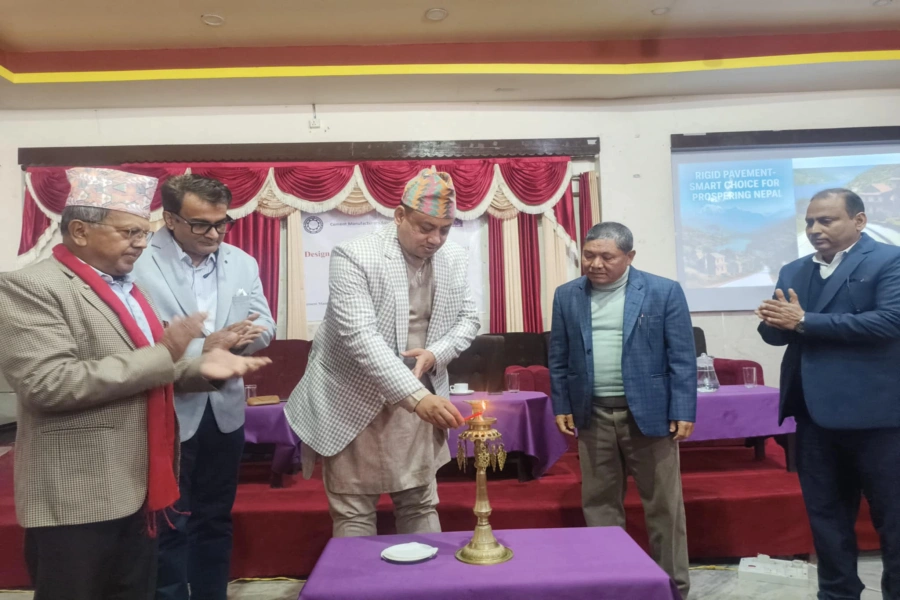
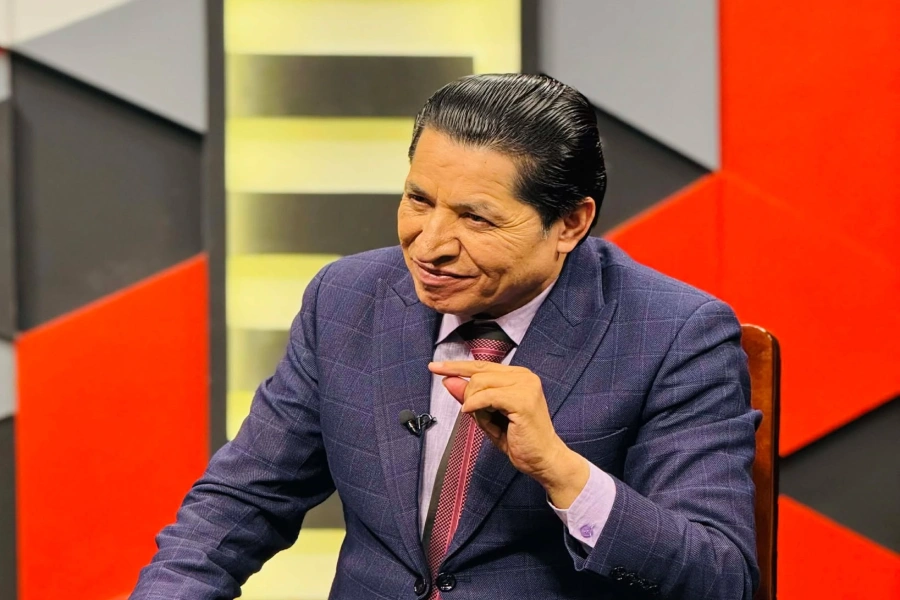
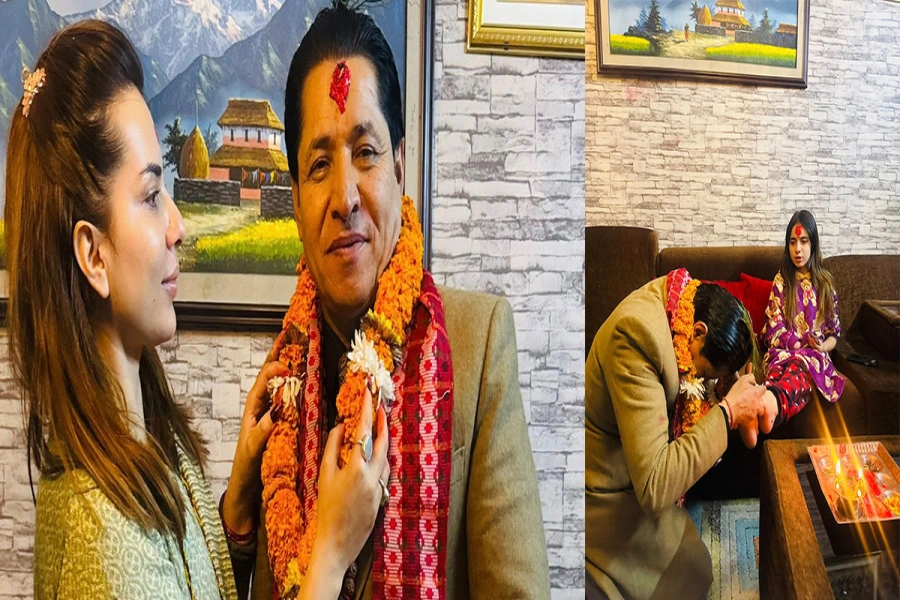
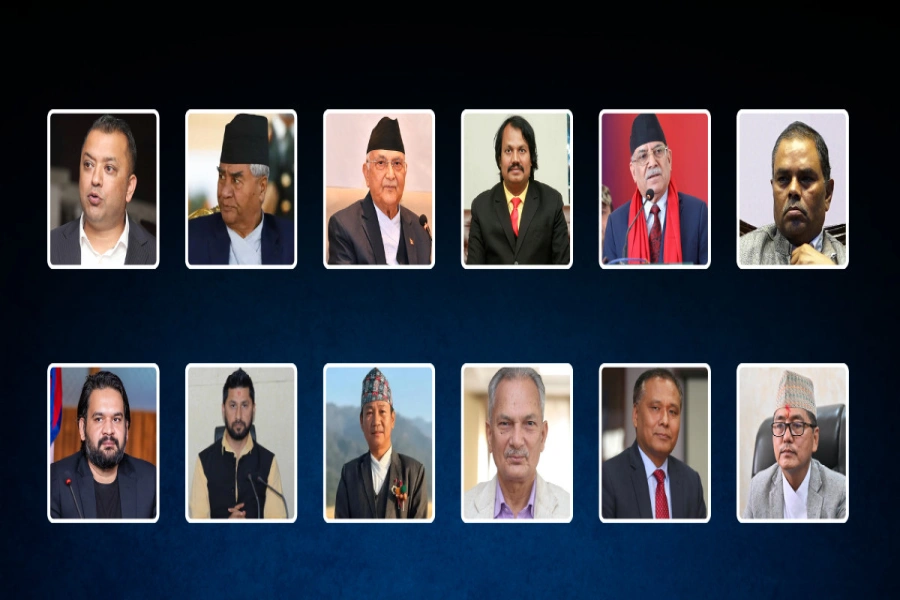








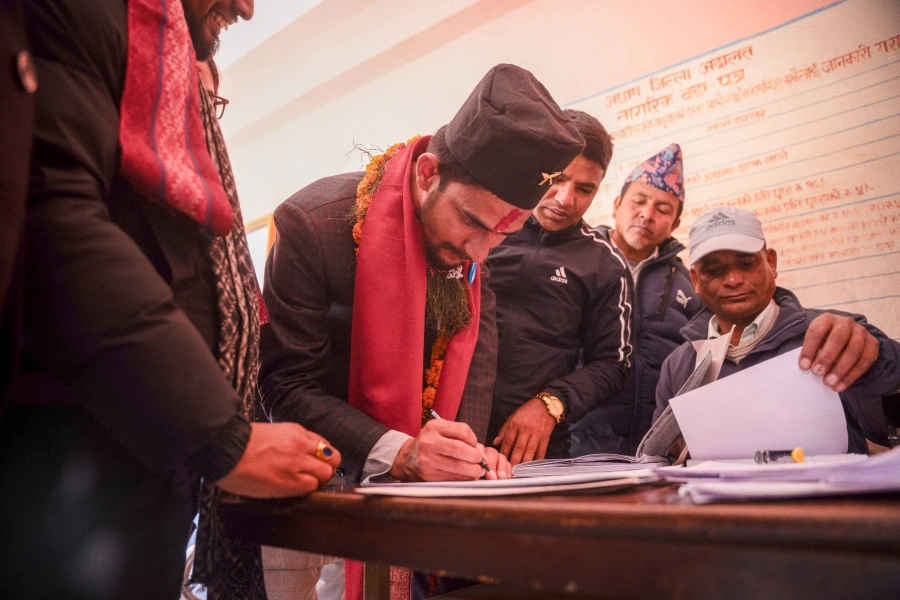
_20220508065243.jpg)

